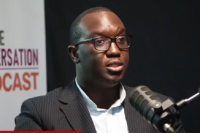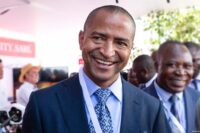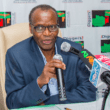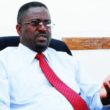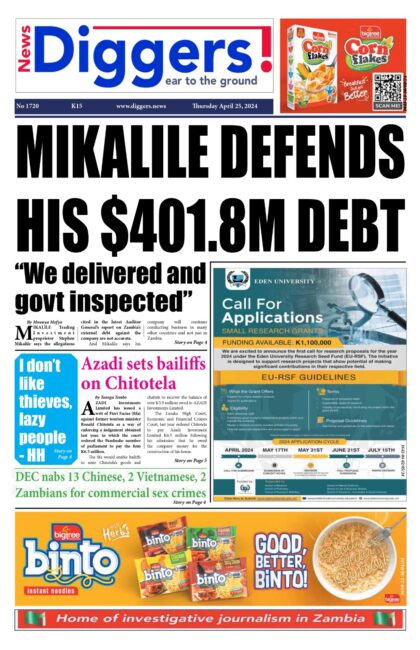The end of the Cold War signalled seismic changes across Africa. In Zambia it ushered in the return to multiparty politics after 18 years of single party rule, when president Kenneth Kaunda lifted a ban on political parties in the face of popular unrest in 1990. He was ousted by Frederick Chiluba, leader of the Movement for Multi Party Democracy (MMD).
The struggle for different voices to be heard extended elsewhere on the continent, including South Africa, which broke free from the yoke of colonial oppression and apartheid in 1994.
However, almost 30 years after the end to one-party politics in Zambia, we have seen the space for the right to freedom of expression, association and peaceful assembly steadily shrinking, in an alarming erosion of gains.
In the most recent example, a public gathering that was due to take place at the Cathedral of the Holy Cross in Lusaka on 16 May was cancelled by the church due to political pressure. The event had been organized by three women to discuss the state of the country, including unemployment, violence, falling levels of health care and corruption.
Before it was cancelled, the event had been trending on Twitter with the hashtag #kwatha meaning “it’s over” or “it’s enough”, depending on the context. Another hashtag used to promote the event was #WhatisyourNO, a rhetorical question around what the public would say “no” to on the list of grievances gripping the country today, including hunger, violence and graft.
Like many other women in Zambia, the organizers of the event were worried about the effects of poverty on women. They had planned to appear at the Cathedral in funeral wear, holding candles.
By choosing the Cathedral as a venue for their event, the women circumvented the notorious Public Order Act which the Zambian police have used to deny potential government critics their right to hold a public gathering.
Although successive Zambian governments have used the Public Order Act to stifle public debate, the trend has become more pronounced under the current government with increasing reports of meetings being disrupted by the police or ruling Patriotic Front (PF) party cadres, who are proving to be a law unto themselves.
In September last year, PF cadres – in full view of the police – attacked activists peacefully protesting against what they called the corrupt procurement of 42 fire trucks for US$42 million.
Six activists, including Fumba Chamba, a singer popularly known as Pilato, Lewis Mwape, Laura Miti, Sean Enock Tembo, Bornwell Mwewa, and Mika Mwambazi were arrested and charged with “disobeying lawful orders” for which they have pleaded not guilty. Their trial is due to start on 25 June.
In a shocking affront to justice, Pilato was arrested as soon as he touched down at Kenneth Kaunda International Airport on 16 May. He had just returned from South Africa where he had fled in January after receiving threats over his songKoswe Mumpoto (rat in the pot), which was interpreted as criticising President Edgar Lungu.
Increasingly Zambians are paying a heavy price for speaking out against the abuse of power and human rights violations. What’s equally worrying is the impact this is having on the work of human rights defenders, and
freedom of expression.
We know that Zambians who question the government or attempt to air their dissenting views in public, like the organizers of the Cathedral of the Holy Cross event, are maligned through platforms such as WhatsApp and
painted as traitors.
They are warned against holding such meetings by anonymous individuals. They find they can no longer earn a living or discover their children have been removed from school without any explanation.
The intimidation and harassment has created a climate of fear among the people. The silence will only grow louder if we do not stand up to this shameless attempt to muzzle freedoms and critical voices. Zambia must not be allowed to return to the days when respect for human rights and the rule of law was the exception rather than the rule.
Zambians have everything to gain and nothing to lose from the country’s history of freedoms that has characterized it for the most part since independence.
The author is Amnesty International’s Deputy Regional Director for Southern Africa





